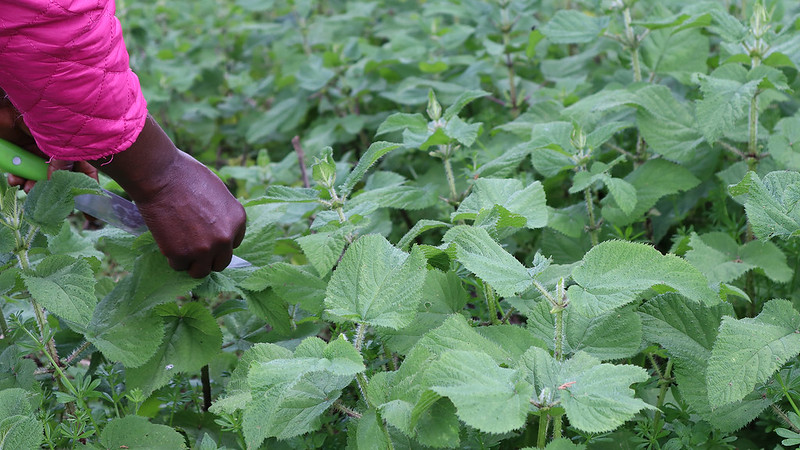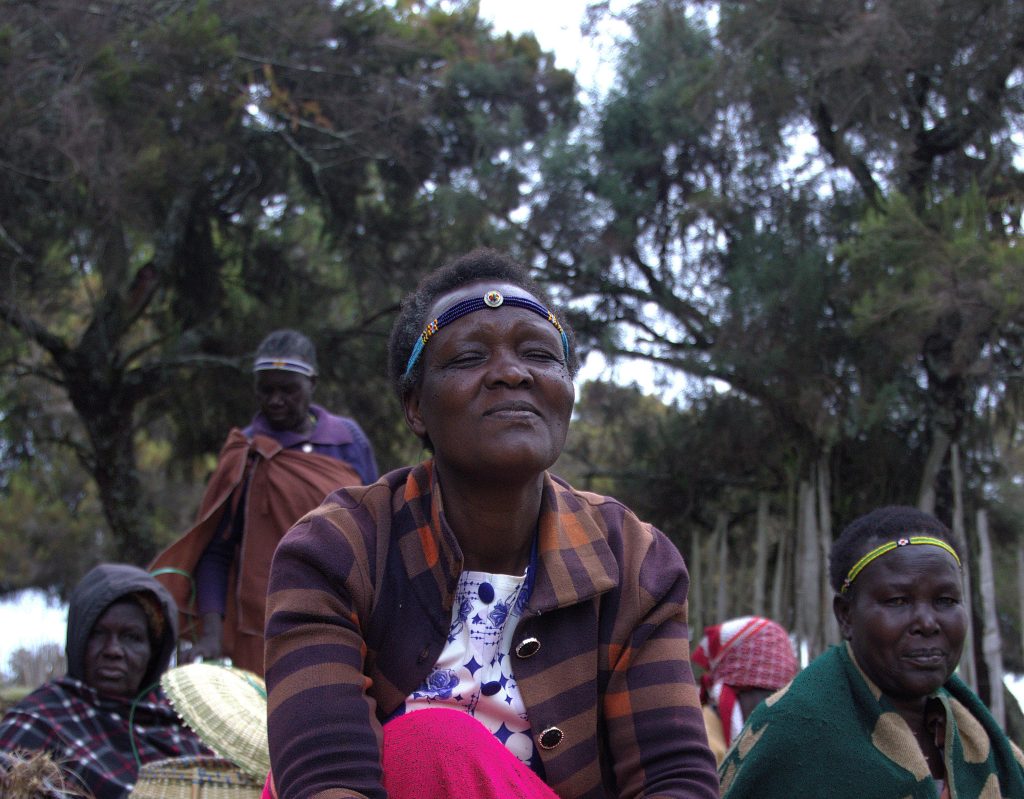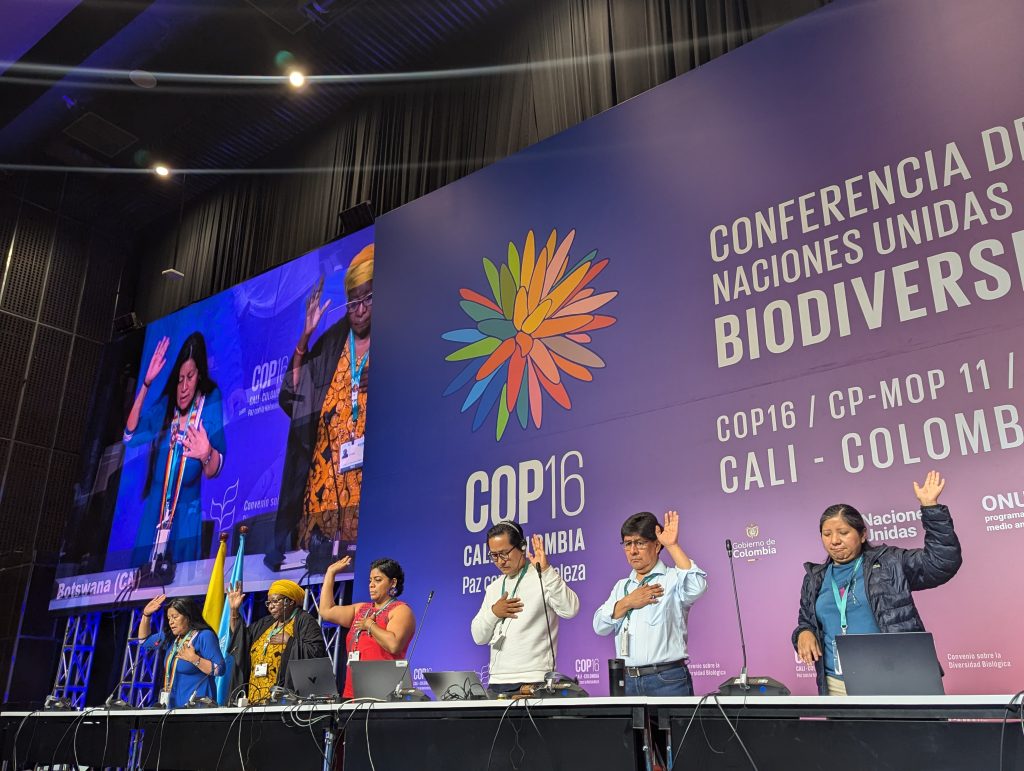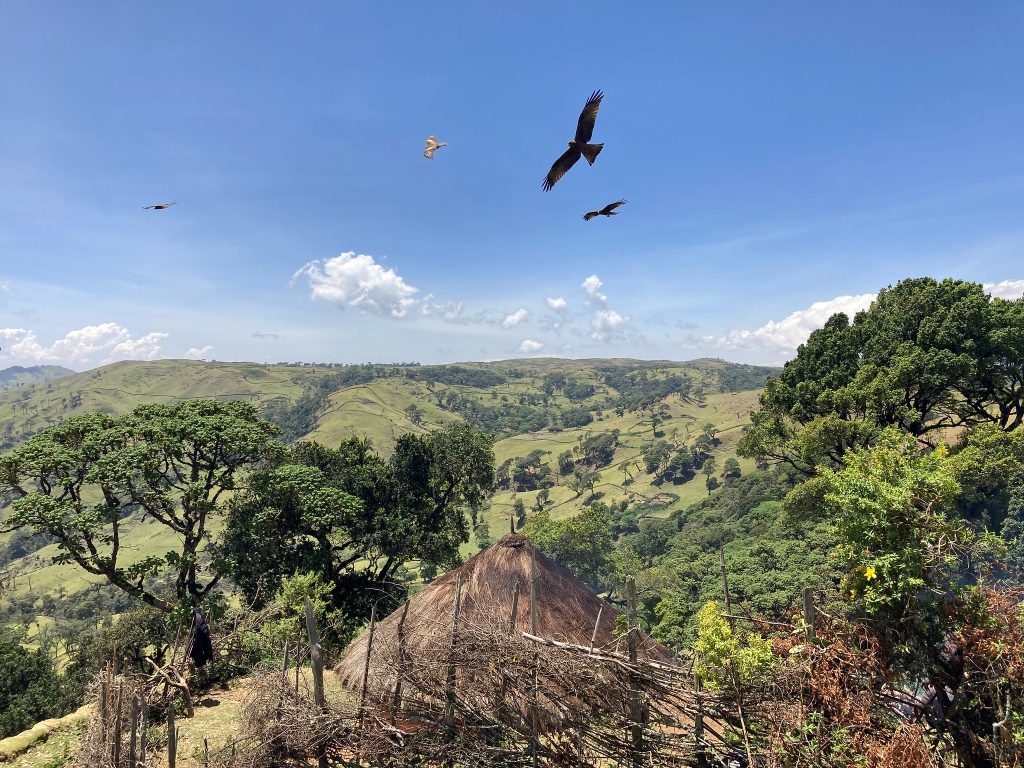Chepkitale Indigenous Peoples Development Project (CIPDP) is the Ogiek of Mt. Elgon’s indigenous peoples’ community organisation working to support the Ogiek community regain their ability to sustain and be sustained by their ancestral lands at Mt. Elgon, Kenya.
The Ogiek Indigenous people of Mt. Elgon have faced evictions from their historical land, which they have conserved and protected since time immemorial. CIPDP intervenes by ensuring land tenure rights and peoples’ rights are protected.
CIPDP was founded in 2000 and formally registered in 2003. It is part of the community and their work is driven by the community’s needs, rights and struggles. All activities are carried out after extensive community consultation and with the full support of the community.
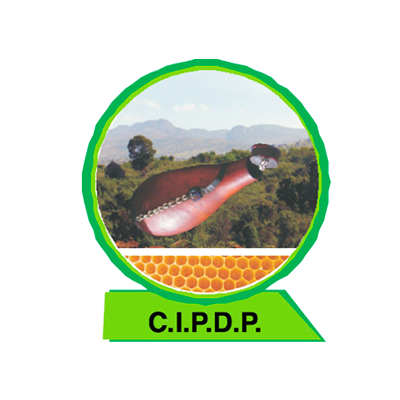
Country: Kenya
Website: chepkitale.org
X/Twitter: @CIPDPchepkitale
Facebook: Chepkitale Indigenous People Development Project-CIPDP
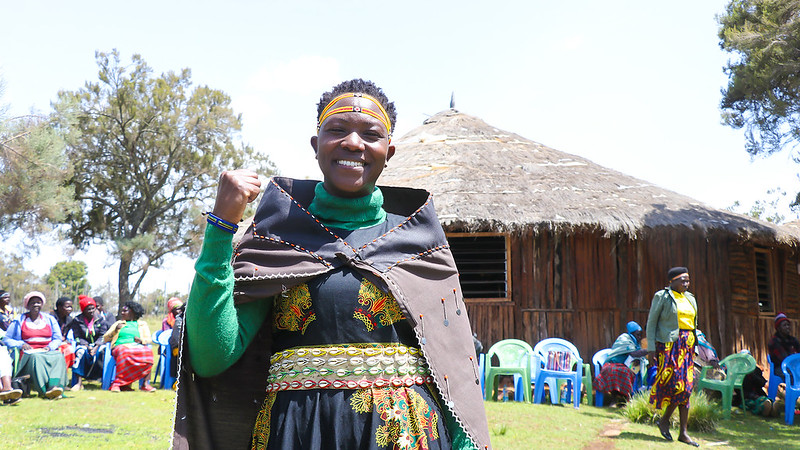
A Jubilant Ogiek Woman (Teresa Chemosop) Celebrates During Community Assemblies at Laboot, Mt. Elgon. Photo by Mutai / CIPDP
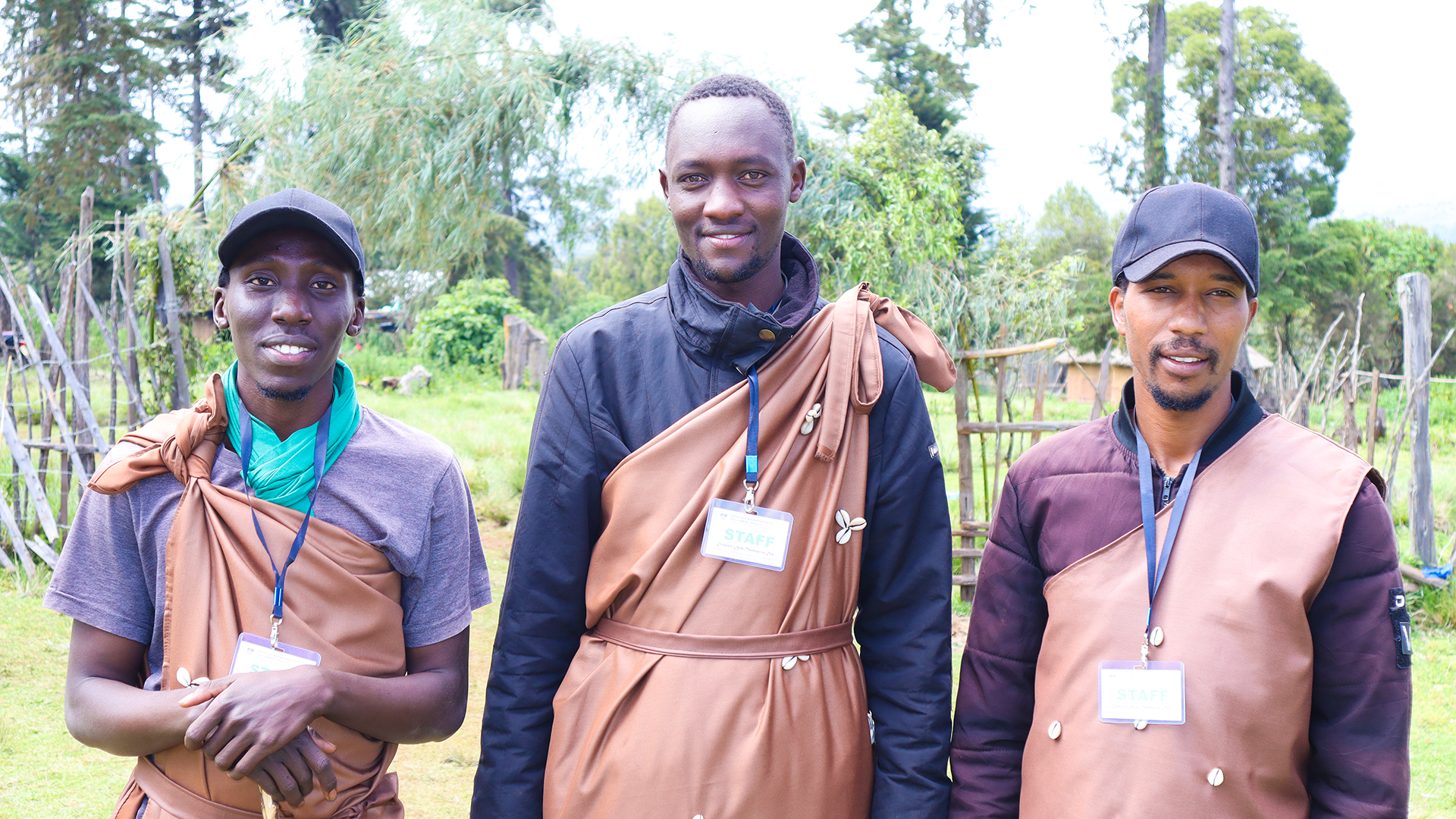
CIPDP staff who are part of Transformative Pathways Project. From left Shimron Kiptoo, Collins Ndiema and Kelly Laikong. Photo by Dickence / CIPDP
Dashed line
Main areas of work
- Mapping community lands
- Supporting community advocacy
- Engaging in legal processes
- Handling international funding
- Engaging in regional, national and international policy processes
- Capacity building
- Environmental conservation
- Gender justice
- Land justice
- Collaboration
- Cultural identity and traditional knowledge
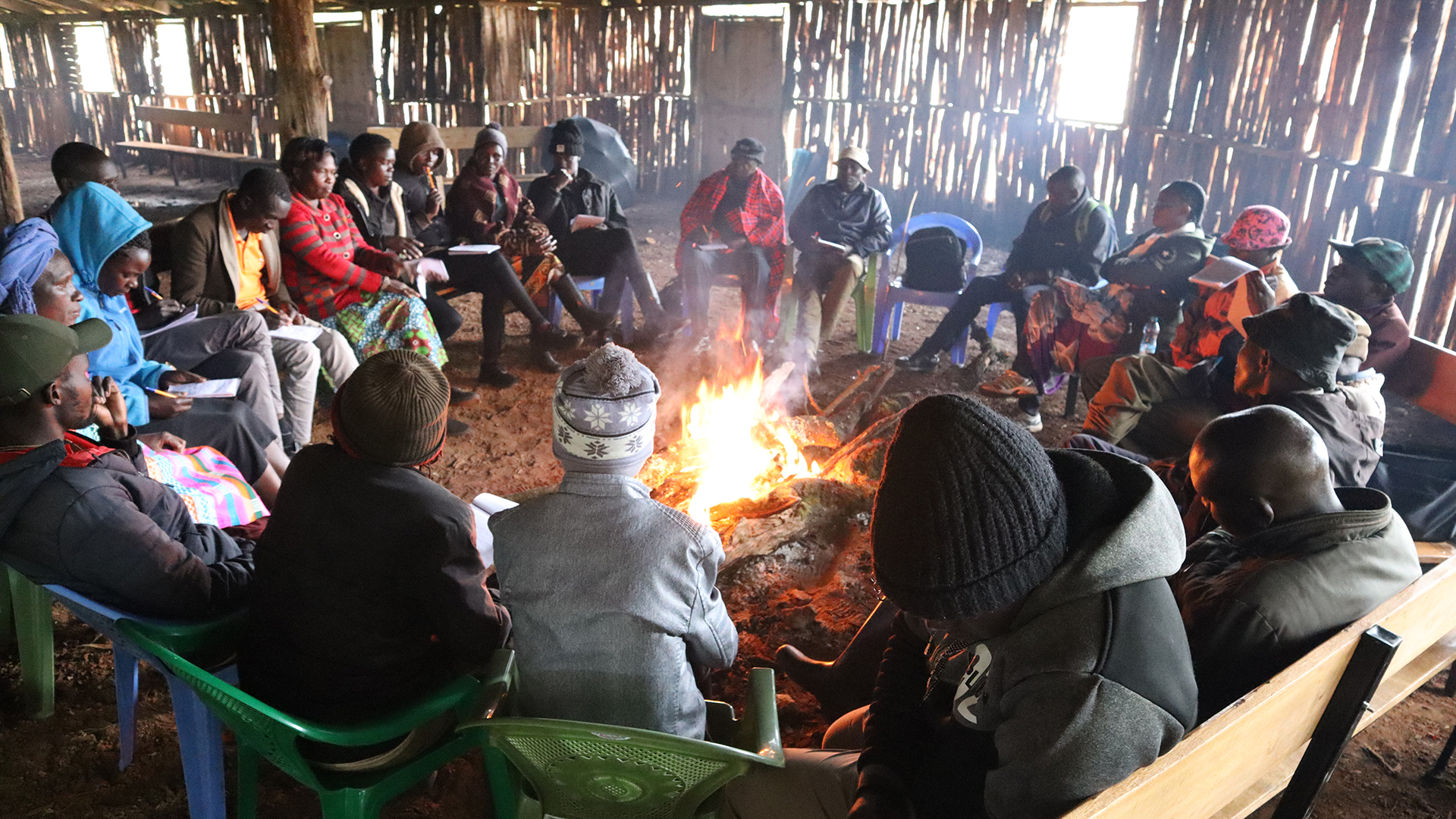
Community members having a workshop the traditional way around a bonfire. Photo by Mutai / CIPDP
Dashed line
Focus of work in the Transformative Pathways project
At the local level, CIPDP enables the implementation of the project directly with communities, as well as creating an enabling environment for sustainable use and biodiversity conservation, working with community-based organisations, local government, and supporting partners.
At the national level, CIPDP collaborates with the Indigenous Information Network (IIN) in engaging the Kenyan government in the implementation of the framework of the United Nations Convention on Biological Diversity.
